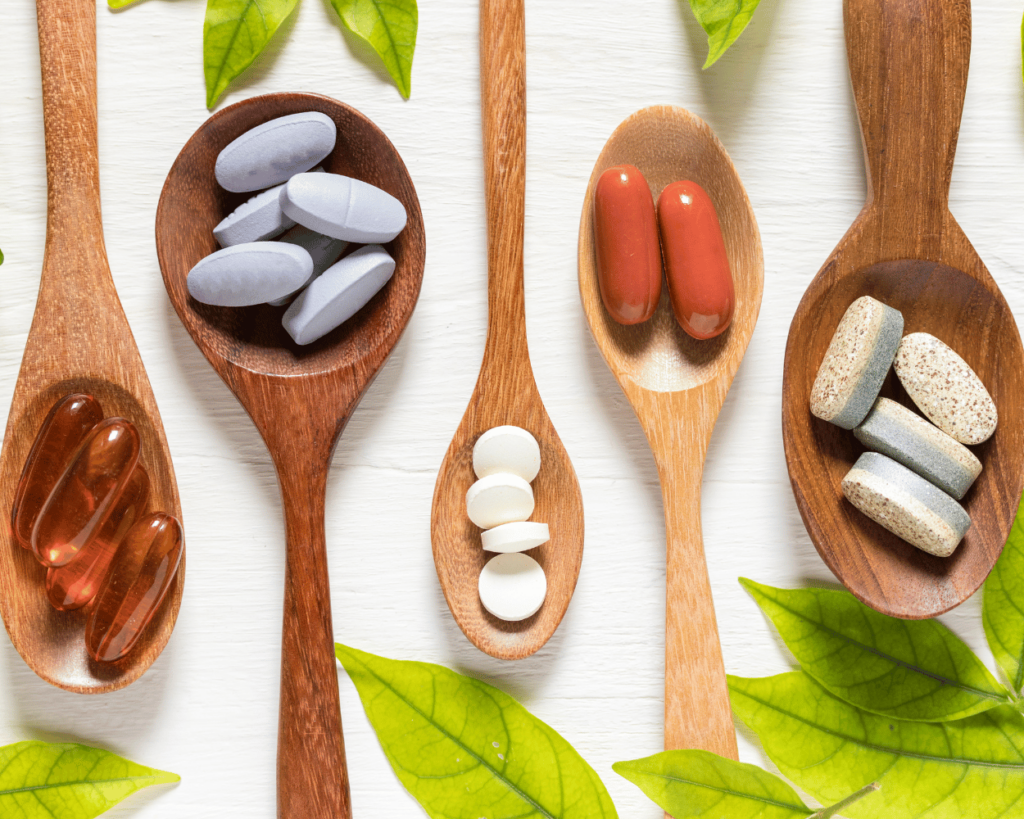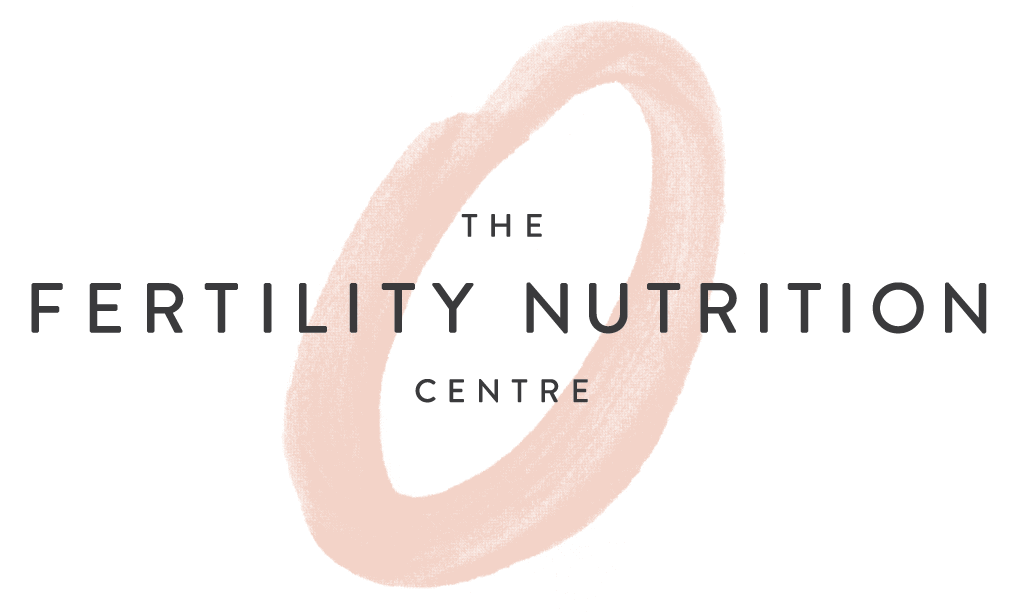
Understanding The Role of Nutrition in Fertility: The Six Foundational Pillars
Fertility and conception are complex biological processes influenced by genetics, age, stress levels, medical conditions, and lifestyle factors like diet. While assisted reproductive technologies like IVF can be invaluable, research shows nutrition also plays a critical role in supporting reproductive health.
At The Fertility Nutrition Centre, we focus on six foundational pillars of healthy fertility that can be optimised through personalised nutrition and lifestyle changes.
1. Nourishment

Consuming a diet rich in essential nutrients promotes ovulation, hormone production, healthy eggs and sperm, and embryo development. Key nutrients include:
- Antioxidants like vitamins C, E, and selenium to combat free radical damage
- B vitamins and folate to support cellular division and development
- Omega-3 fatty acids like those in fish, walnuts, and flax to balance inflammation.
Aim for a varied diet with lots of different coloured fruits and vegetables, quality proteins, healthy fats, and high-fibre carbohydrates. Steer clear of restrictive dieting, and a great rule of thumb for all-round balance is to opt for a Mediterranean eating style, which ensures a broad range of nutrients across all food groups.
2. Lifestyle

Managing stress, exercising regularly, getting adequate sleep, and avoiding harmful habits like smoking and excessive alcohol are all critical for fertile health in both partners. Chronic stress may lead to elevated cortisol, which can disrupt hormone balance and, therefore, reproduction.
Moderate exercise 3-4 times per week has been shown to improve ovulation and insulin sensitivity. Sleeping 7-9 hours of sleep optimises melatonin and reproductive hormones. Reducing alcohol intake is also advised, as it can cause hormonal imbalance and developmental issues.
3. Detoxification

Environmental toxins like BPA from plastics, phthalates from makeup/packaged foods, and pollution contain endocrine disruptors that interfere with normal hormonal activity. Although there is little we can do about the wider environmental contaminants around us, it is possible to make adjustments to many of the products used in the home as well as strengthen our own detoxification processes via the food and drink we consume.
Supporting the body’s natural detoxification process through adequate hydration, liver-supportive foods like garlic, lemon, and cruciferous veggies, as well as sweating, massage, and other detoxifying therapies, can mitigate toxin exposure.
4. Supplements

You can’t out-supplement a poor diet, and we recommend a food-first approach. However, key micronutrient supplements can help fill nutritional gaps that diet alone may not provide. Research indicates supplements like multivitamins, omega-3 fatty acids from fish oil, vitamin D, antioxidants like CoQ10, and specific amino acids and herbs can improve egg quality, sperm parameters, and support reproductive processes.
Always consult with a registered specialist before taking supplements, especially if you have medical conditions or take medications. Working with a specialist such as a member of our team means you can find out exactly what you may be lacking through testing, as it’s important to take only what you need. You can also be assured that we can provide trusted advice on the quality of any supplements you take. Relying on the knowledge of a shop assistant for supplementary advice is not recommended.
5. Vaginal Health

A healthy vaginal pH of 3.5-4.5 and a balanced microbiome promotes fertility while also reducing the risk of infections and miscarriage. There are many infections that can present themselves as asymptomatic and negatively impacting fertility that are not tested or explored within a general medical setting.
Consuming probiotic foods like yoghurt, kefir, kimchi, and kombucha, as well as prebiotic fibres from garlic, onion, and asparagus, helps support your microbial health. It’s best to avoid douching, vaginal steaming, scented soaps/gels, and unnecessary antibiotics, which can kill off protective vaginal bacteria. Wearing thongs is also not recommended, as this can help transfer potentially harmful bacteria to the vaginal tract.
If you are TTC and experience challenges or not, it is well worth working with a registered specialist and making the small investment into advanced testing of your vaginal microbiome to rule out any infections that may be lurking, even if everything seems ok down there!
6. Male Fertility

We cannot stress this enough: up to 50% of infertility cases have a male factor component, and we always prefer to work with both males as well as females for fertility if at all possible.
Key nutrients for optimising sperm health and testosterone include:
- Antioxidants such as vitamin C, E, and lycopene
- Amino acids such as L-carnitine
- Minerals such as zinc and selenium
- Essential fatty acids from fish and nuts.
Reducing alcohol intake, quitting smoking and addressing and supporting stress are also vital, just as they are for women. Optimising sleep is also very important for male fertility, as poor sleep can impact testosterone levels which has a direct impact on sperm production.
While nutrition is foundational, what optimum nutrition actually means for you is highly personalised. Age, genetics, BMI, underlying conditions, family history, and lifestyle habits can all impact how someone responds to dietary and supplement interventions. Working with a registered specialist in fertility nutrition allows you to tap into science-backed methodologies tailored to your unique circumstances. Under the care of a specialist, every aspect of your health and history will be taken into account to provide individualised guidance.
Our registered fertility nutritionists stay up-to-date on the latest research and have extensive clinical experience applying evidence-based protocols with patients. They understand how to use food as medicine to promote hormonal balance, optimise sperm and egg health, and create the optimal internal environment for conception and a healthy pregnancy. With a specialist overseeing your care, you can feel confident you are receiving the most cutting-edge fertility nutrition recommendations personalised to you.
At the Fertility Nutrition Centre, our registered fertility nutritionists have helped thousands of patients boost their fertility outcomes through personalised nutrition planning. Using science-backed protocols, we go beyond a one-size-fits-all approach to target the root causes impacting your reproductive health. Consistently applying the pillars of quality nourishment, strategic supplementation, detoxification, stress management, and targeted lifestyle changes under the guidance of a fertility specialist sets the stage for the very best fertility outcomes possible.
Don’t forget to follow our Instagram page for more fertility nutrition tips from our team of certified practitioners.
Or click here, and head to our directory to book a free introductory chat with a team member.



